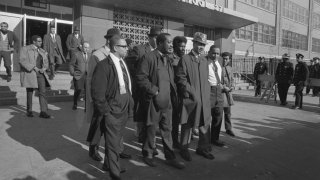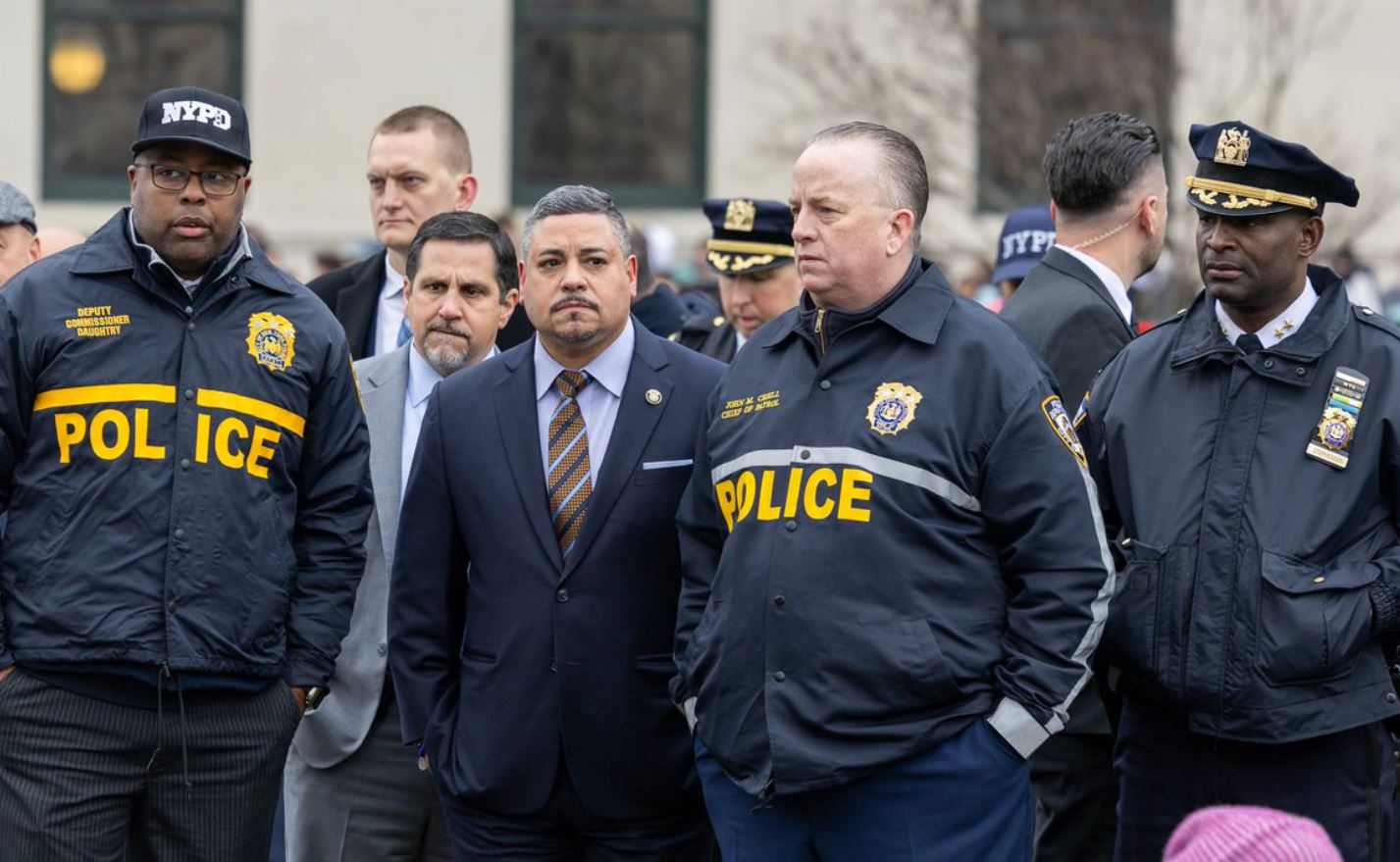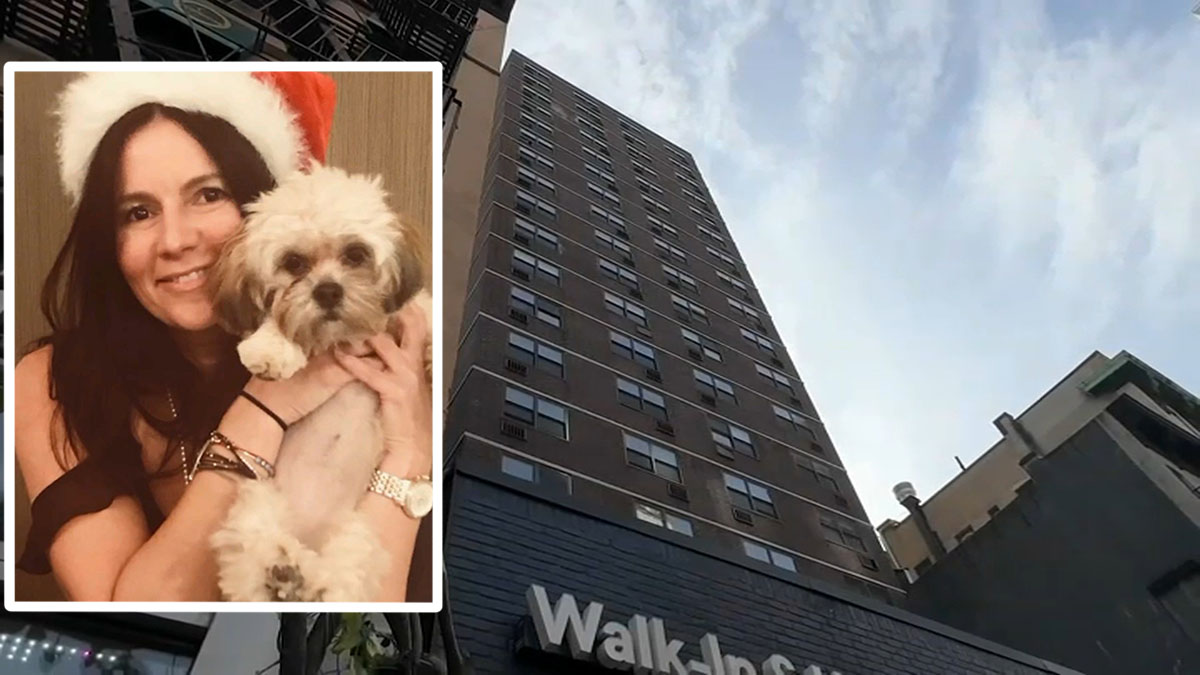
The Rev. C. Herbert Oliver, a civil rights activist who documented police brutality against African Americans in Alabama in the early 1960s and later fought for public school reform in New York City, has died. He was 96.
Oliver died Nov. 30 in New York City after struggling with several health problems, his daughter, Patrice Oliver, said at his funeral in Brooklyn on Wednesday, according to an online video of the service. Oliver's relatives could not be reached Saturday.
Oliver was born in Birmingham, Alabama, on Feb. 28, 1925.
From 1960 to 1965, he was the executive secretary of the Inter-Citizens Committee in Birmingham and worked with other clergy members to fight discriminatory policing led by Public Safety Commissioner T. Eugene “Bull” Connor, according to a profile of Oliver published in 2018 by his alma mater, Wheaton College, near Chicago.
Get Tri-state area news and weather forecasts to your inbox. Sign up for NBC New York newsletters.
The committee documented more than 100 cases of alleged brutality and civil rights violations by Birmingham police.
“I would keep my eyes on the newspapers, and the newspaper would carry stories about people who had been beaten and arrested by policemen,” Oliver told the Wheaton Magazine. “I would find the victim and ask them to tell us their story. Invariably, the stories the victims would tell us were different from the stories the newspaper would put out.”
By 1965, police brutality cases had dropped off and Oliver moved to Brooklyn, where he was pastor of the Westminster Bethany Presbyterian Church from 1967 to 1992.
News
Oliver led a new local school board in Brooklyn in the predominantly Black area Ocean Hill-Brownsville from 1967 until it was disbanded in 1970 amid controversy. The board's transfer of teachers, many of them white and Jewish, out of the school district led to a citywide, 36-day teachers' strike in 1968, and eventually the board's disbanding, The New York Times reported.
"There was a lack of good education, and the teachers and principals were not from the community or invested in the students,” Oliver told the Wheaton Magazine. “We were trying to settle the unrest of the community centered in schools.”



